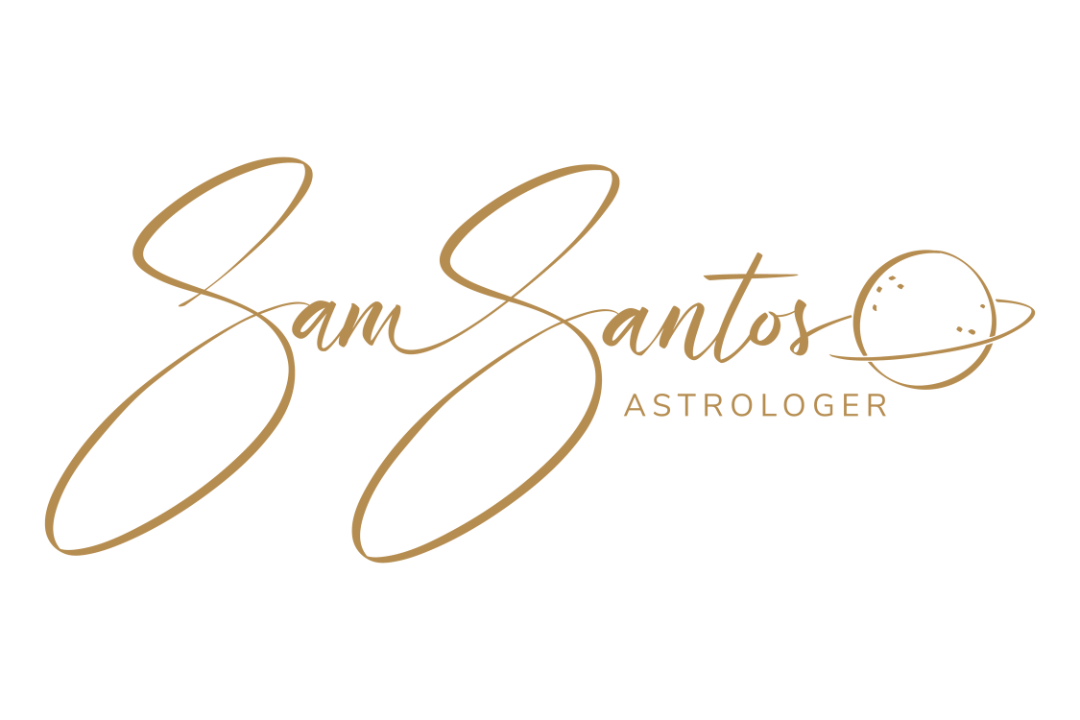Embarking on a cosmic odyssey to unravel the mysteries of our existence often leads us to a crossroads, where the rich traditions of Western and Vedic astrology beckon. Each system, steeped in history and wisdom, offers celestial insights that can illuminate our path through the labyrinth of life. Let's embark on a voyage to explore the time-honored practices of both Western and Vedic astrology.
The Allure of the West: Modern Western Astrology
PROS
-
Psychological Depth: Western astrology, deeply rooted in psychological principles, delves into the intricacies of the human mind. It explores the archetypes of the psyche, providing a nuanced understanding of personalities and behaviors.
-
Sun Sign Simplicity: The simplicity of identifying with a Sun sign is one of Western astrology's greatest strengths. It's accessible to beginners, offering a quick glimpse into one's basic traits.
-
Evolutionary Astrology: The Western system has embraced a more dynamic approach in the form of evolutionary astrology. It focuses on the soul's evolution across lifetimes, offering profound insights into one's spiritual journey.
CONS
-
Precession Predicament: Critics argue that Western astrology hasn't adjusted for the precession of the equinoxes. This means that the zodiac signs in Western astrology may not align with the current positions of the constellations.
-
Over-emphasis on Sun Signs: While Sun signs offer a snapshot, they oversimplify the intricate dance of celestial bodies. Relying solely on Sun signs neglects the comprehensive picture painted by the entire birth chart.
The Timeless Wisdom of the West: Traditional Western Astrology
PROS
-
Ancient Roots: Traditional Western astrology carries the weight of ancient wisdom, drawing from Hellenistic, Persian, and Egyptian influences. It's a tapestry woven with the threads of time, connecting us to the cosmic beliefs of our ancestors.
-
Seven Traditional Planets: Rooted in the seven classical planets (Sun, Moon, Mars, Mercury, Jupiter, Venus, Saturn), traditional Western astrology offers a focused lens on these celestial bodies. Each planet carries unique archetypal energies, shaping the intricacies of the human experience.
-
House System Variations: Traditional Western astrology presents diverse house systems, each offering a distinct perspective on the birth chart. From Placidus to Whole Sign houses, practitioners can choose a system that resonates with their astrological philosophy.
CONS
-
Modern Skepticism: Critics argue that the traditional system has faced skepticism in the modern era. With advancements in astronomy, the classical model has been questioned for its conceptual foundations.
-
Precession Challenges: Similar to Vedic astrology, traditional Western astrology faces challenges related to the precession of the equinoxes. Critics contend that this system may not align precisely with the current positions of the constellations.
The Mystic Traditions of the East: Vedic Astrology
PROS
-
Ancient Sanskrit Texts: Vedic astrology, known as Jyotisha, derives its wisdom from ancient Sanskrit texts like the Vedas. These texts serve as foundational pillars, providing a timeless guide to understanding the cosmos.
-
Nakshatras and Lunar Mansions: In addition to the planets, Vedic astrology places significant emphasis on Nakshatras, lunar mansions that offer nuanced insights. This adds an extra layer of detail to the astrological map.
-
Rahu and Ketu: Vedic astrology introduces Rahu and Ketu, known as the North and South Lunar Nodes. These shadow planets carry karmic significance, enhancing the predictive depth of the birth chart.
CONS
-
Complex Calculations: Similar to Traditional Western astrology, Vedic astrology involves complex calculations. The intricate techniques, including the Dasha system, demand a comprehensive understanding and commitment to mastery.
-
Fixed Zodiac: Vedic astrology adheres to a fixed zodiac, anchored to the stars. Critics argue that this fixed framework may not accurately reflect the evolving celestial dance.
In the grand tapestry of celestial exploration, Western (Traditional and Modern) and Vedic astrology emerge as compasses guiding seekers toward self-discovery. Whether you resonate with the classical planets of the West or the Nakshatras of the East, or the psychological take of the modern astrological traditions, the cosmic symphony invites you to explore, learn, and find your unique place in the cosmos.

